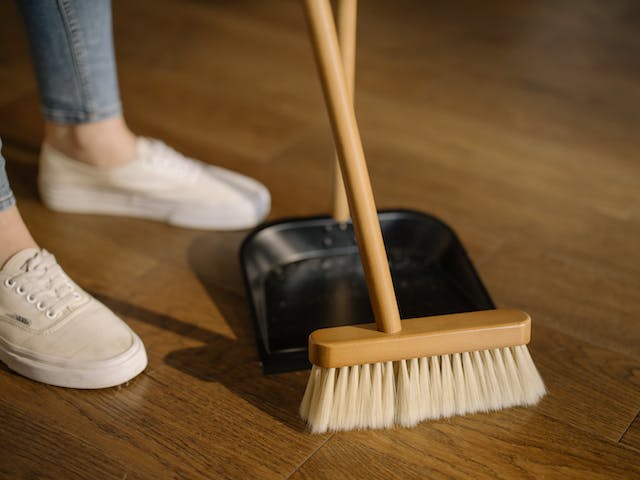We’ve talked about home renovations, interior design, landscaping, and much more in the past. Now we want to focus on improving your home with a more subtle approach. Let us explain.
You see, it is a well-known fact that the majority of households in the US have hard water. If you’ve ever seen white spots on your showerhead, glasses, and dishes after they’ve been in the dishwasher, then you also have hard water.
Don’t worry, it’s still safe to drink, assuming you don’t have other contaminants, like pathogens, chemicals, or heavy metals. However, it comes with other disadvantages.
How Hard Water Affects Your Home
The minerals in hard water form limescale, which practically suffocates your washing machine and dishwasher’s components.
And the problems don’t stop there either. Limescale deposits also affect fixtures, pipes, tiles, sinks, toilets, and just about anything that comes into contact with hard water. The calcium and magnesium in hard water stick to these surfaces and make them look unclean.
Not to mention that your water and energy bills will come out much higher thanks to the fact that your pipes will be under more stress and your water heater will have to do extra work. And speaking of paying more money on bills, you’ll also have to shell out cash on repairs. That’s right, limescale puts such a great toll on appliances and pipes that it can split their lifespan in half.
Here’s how a washing machine’s heating element looks when limescale has taken over it:
To avoid this, you’re going to need to use a water softening method. You’ve probably heard of many people who have relied on water softeners for years. However, the landscape has changed dramatically in recent times.
Many are displeased with salt-based water softeners because of high maintenance requirements and their impact on the environment, as well as their septic system. The mentioned problems are so prevalent that some states have banned water softeners. This is why researchers and different companies have started looking for alternatives.
Introducing the Water Descaler
A water descaler works by inducing capacitive electromagnetic signals through the main water pipe. As such, no chemicals are added, and the water doesn’t have its structure modified. Instead, calcium and magnesium crystals are reshaped in such a way that they become smaller and significantly less sticky.
As such, you’ll still get the benefits of drinking calcium and magnesium, but you’ll be rid of limescale, those nasty white spots, and the undesirable effects of showering in hard water, like scalp calcification, dermatitis, and hair loss.
The one thing we like most about water descalers is that they require no maintenance. As long as you’ve got electricity, they simply work, regardless of water pressure. Furthermore, you don’t need any plumbing skills whatsoever. No modifications, no tools, nothing. Just what a descaler comes in a box with and you’re good to go. You can view this easy installation guide and see for yourself.
The Bottom Line
Opting for a water descaler will save you money and all the hassle of removing limescale with descaling solutions and brushes.
And unlike a softener, it won’t add any sodium to your water supply, so it will remain completely safe to drink as long as there are no other pollutants.
With that said, we do feel the need to specify that a descaler is not a water filter. It only works on hard minerals and nothing else. You’ll still need a filter for specific pollutants in your area.

